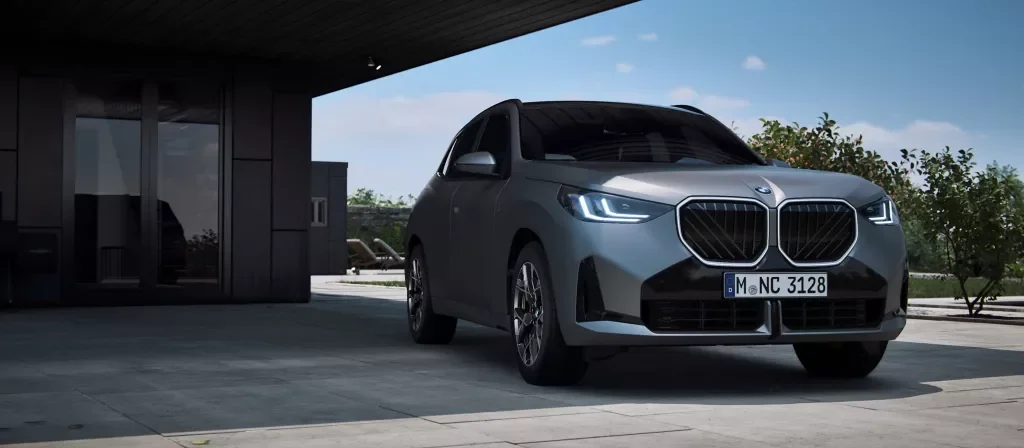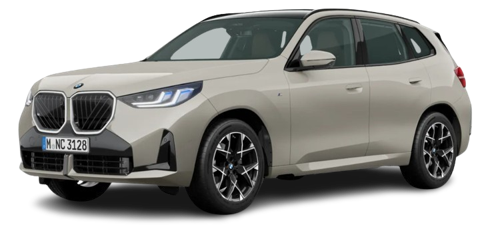What is the mileage of BMW X3?
The BMW X3 offers different mileage figures depending on the fuel type and transmission. The manual petrol variant delivers up to 0 km/l, while the automatic petrol variant offers up to 13 km/l.


13 - 17 kmpl
Petrol Mileage
Automatic
13 kmpl
Diesel Mileage
Automatic
17 kmpl
xDrive 20 M Sport
13 kmpl
Petrol • Automatic
ARAI mileage
Monthly Fuel cost for 40km/day₹8,748
xDrive 20d M Sport
17 kmpl
Diesel • Automatic
ARAI mileage
Monthly Fuel cost for 40km/day₹6,188
Maintain your BMW X3 in top-notch condition by regularly servicing the vehicle.
Be gentle with the accelerator pedal, and avoid sudden acceleration.
Maintain the optimum tyre pressure in your BMW X3.
Maintain your BMW X3 in top-notch condition by regularly servicing the vehicle.
Be gentle with the accelerator pedal, and avoid sudden acceleration.






The BMW X3 offers different mileage figures depending on the fuel type and transmission. The manual petrol variant delivers up to 0 km/l, while the automatic petrol variant offers up to 13 km/l.
The BMW X3 delivers excellent fuel efficiency in city conditions. The manual petrol variant achieves up to 0 km/l, while the automatic petrol variant delivers up to 13 km/l under typical city driving conditions.
The BMW X3 manual transmission offers up to 0 km/l, while the automatic transmission delivers up to 13 km/l. The difference is minimal, making both options fuel-efficient choices.
The mileage of BMW X3 can be affected by various factors including driving conditions, traffic patterns, vehicle maintenance, tire pressure, and driving style. Under optimal conditions, you can achieve up to 0 km/l with manual transmission and 13 km/l with automatic transmission.
Yes, the BMW X3 is quite fuel efficient. It delivers up to 0 km/l with manual transmission and 13 km/l with automatic transmission, making it an economical choice for daily commuting.
Discover. Decide. Drive.
Explore at your pace, with expert recommendations if needed. Finalise and book your car at the best price.
Financing the right way
Access the best loan options with hassle-free, paperless financing.
Prepare to drive
Schedule delivery for your special day and track updates effortlessly.Schedule delivery for your special day and track updates effortlessly.